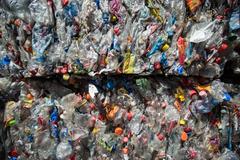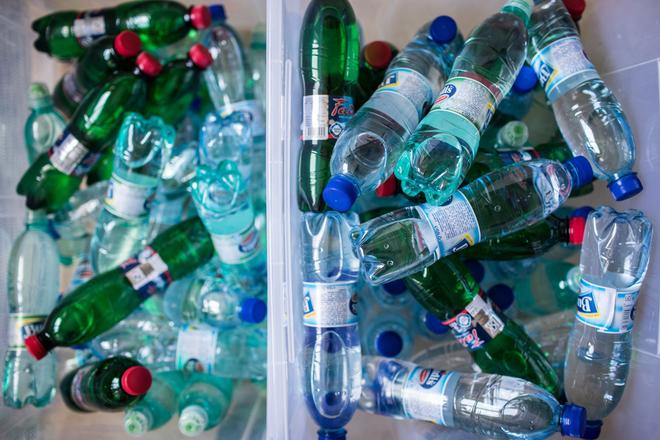All shops in Slovakia will have to deposit plastic bottles and cans, but not all of them will buy them back. This is one potential deposit return scheme, presented by the Environmental Policy Institute (IEP), which runs under the Environment Ministry.
The compulsory purchase of bottles will apply only to retailers whose shops are no bigger than 400 square metres, the SITA newswire reported.
A high tax for no deposits
The model was inspired by the successful Scandinavian system. Under the proposed scheme, the deposit for a plastic bottle should amount to 12 cents, while a deposit for a can would be set to 10 cents. Most of the bottles and cans will be collected in machines, while in smaller shops, there will be shop assistants to gather them, SITA wrote.

If producers fail to collect at least 90 percent of plastic bottles or decide not to deposit them, they will have to pay a high environmental tax for each piece of packaging.
How will the system work?
The proposal involves the creation of some kind of the central system, comprised of the producers’ associations. It will be supervised by the Economy Ministry, which should coordinate the activities and finance the whole system.
According to the IEP proposal, a manufacturer should register the plastic bottles within the system and pay a deposit. It will subsequently sell the bottles to retailers who will pay a deposit to the manufacturers. The retailers will then sell the bottles to customers, who will pay the deposit to retailers. The fee will be returned to the retailers by their customer when returning them, SITA wrote.
The empty bottles will then be returned to a recycling facility that will process them.
The proposed deposit system is expected to cost €80 million, according to the IEP calculations. Of this sum, €61.8 million should go to the purchase, installation and service of the machines to collect empty bottles and cans and manual collection, as well as the establishment of the central system.
The scheme is expected to generate €28 million every year, while the operational costs should amount to some €33.3 million, SITA wrote.
Bottles will need a specific mark
Among the biggest benefits of the new system is less waste in nature and towns, higher employment, and other environmental benefits, Moreover, it discourages illegal management of waste, IEP said.
On the other hand, the system is too costly. This is why it has been implemented in only eight countries. Apart from the financial costs, it will bring some indirect costs since the Slovak bottles will need special labels, SITA wrote.
Moreover, IEP expects that the deposit system will only have a minimal impact on the recycling of communal waste.



 Illustrative stock photo (source: SME)
Illustrative stock photo (source: SME)